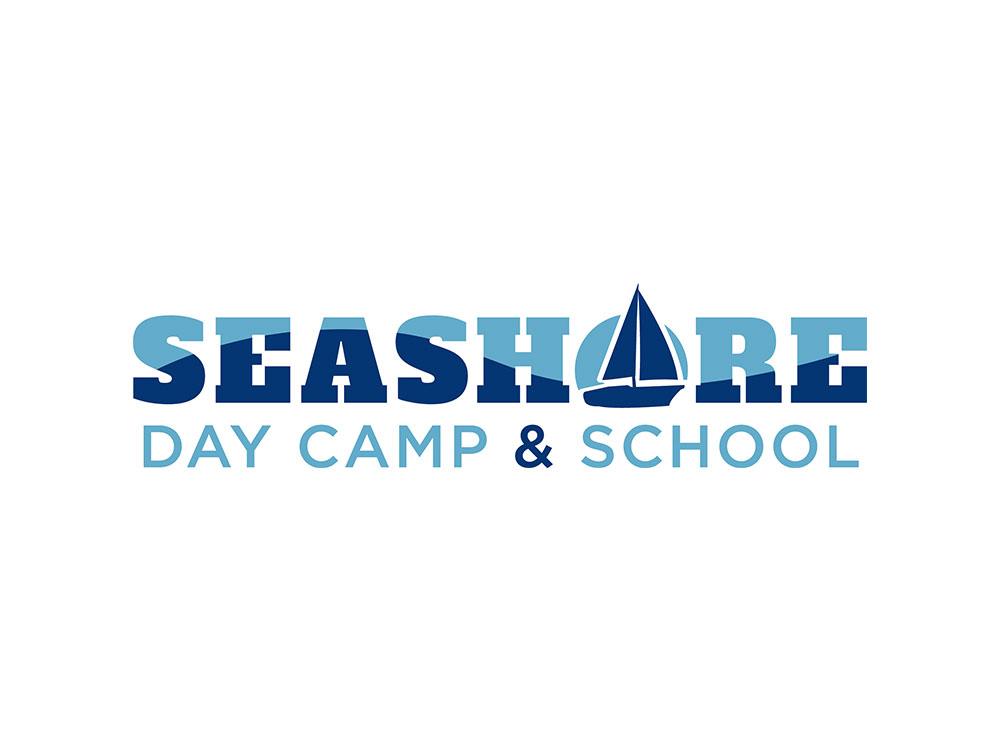
This tongue twister activity can be used quarterly to assess individual student progress in proper enunciation. The new tongue twister can be added to the tongue twister game in Activity 1. Have students write tongue twisters of their own. At the end of the time period, the team with the most points wins. Play continues for a designated amount of time. Then the next student pair faces off with a new tongue twister. He or she scores 2 points for correctly pronouncing the tongue twister. The facing student from the other team attempts to pronounce the same tongue twister three times in rapid succession. If the student pronounces the tongue twister correctly all three times, the team earns 2 points. A student from the first team repeats a given tongue twister three times rapidly.

Display a list of tongue twisters on the chalkboard, and pass out copies of the tongue twisters list. Share with the class several tongue twisters.

Tongue twisters are difficult to say quickly because they require one's mouth to move in different positions for each word. The students should have fun with tongue twisters as their mouths won't do what they want them to do, and they replace intended words with nonsense!Įxplain that tongue twisters get their name because they are hard to pronounce. This activity is good practice to achieve proper enunciation. Tongue Twisters for the ESL/EFL Classroom.They learn to take more responsibility for themselves and the world around them, and learn to work as a team with their classmates.See the following Web sites for additional tongue twisters. Through living together and through specific activities, students learn about themselves and each other. Options include, but are not limited to, star lessons, night hikes, science experiments, group games and dramatic productions.Īn important outcome of the program is a strengthened classroom community. The program includes evening activities that are tailored to the interests of the group. Students also learn about how many Cape Codders have made a living through the sea, including whalers, traders, and pirates. Life Saving Service, the challenges faced by early colonists, and the legacy of the Native American tribes who have lived on Cape Cod for many centuries. Lessons focus on a day in the life of a Surfman in the U.S. Students study the human history of Cape Cod. On other days, we board the bus to explore other singular locations within the Cape Cod National Seashore, including: Great Island, the White Cedar Swamp, Fort Hill, Nauset Marsh, the Beech Forest, Race Point and the Province Lands. Students may hike, walk the beaches and dunes, or explore a nearby pond. Some days are spent close to the Pamet River Station. The program also supports the educational mission of the Cape Cod National Seashore by integrating interpretive themes. Lesson themes are drawn from the Massachusetts Science Curriculum Frameworks for Earth and Space Science, Life Science (Biology) and the Massachusetts History and Social Science Curriculum Framework. Through hands-on experience, first person observation, and guided exploration students gain a deeper understanding of the unique and fragile place they call home. The primary focus of the week is to teach students about the history, both natural and cultural, of Cape Cod. The program was established as a Collaborative in 1974, and hosts between 750 and 1,000 students each school year for their 2 ½ or 5 day-overnight environmental education experience. (National Environmental Education Development) Academy is run by the Falmouth, Dennis-Yarmouth, and Monomoy schools, which send all their fifth grade classes. Our classroom consists of the beaches, dunes, woods, marshes, bogs, swamps, and ponds of the National Seashore. Our living space is a former Coast Guard Station with some grand views of the Atlantic Ocean and the Pamet River valley. The Seashore Program provides the opportunity for 5 th grade students to live, explore, and study in a beautiful setting within the Cape Cod National Seashore.


 0 kommentar(er)
0 kommentar(er)
